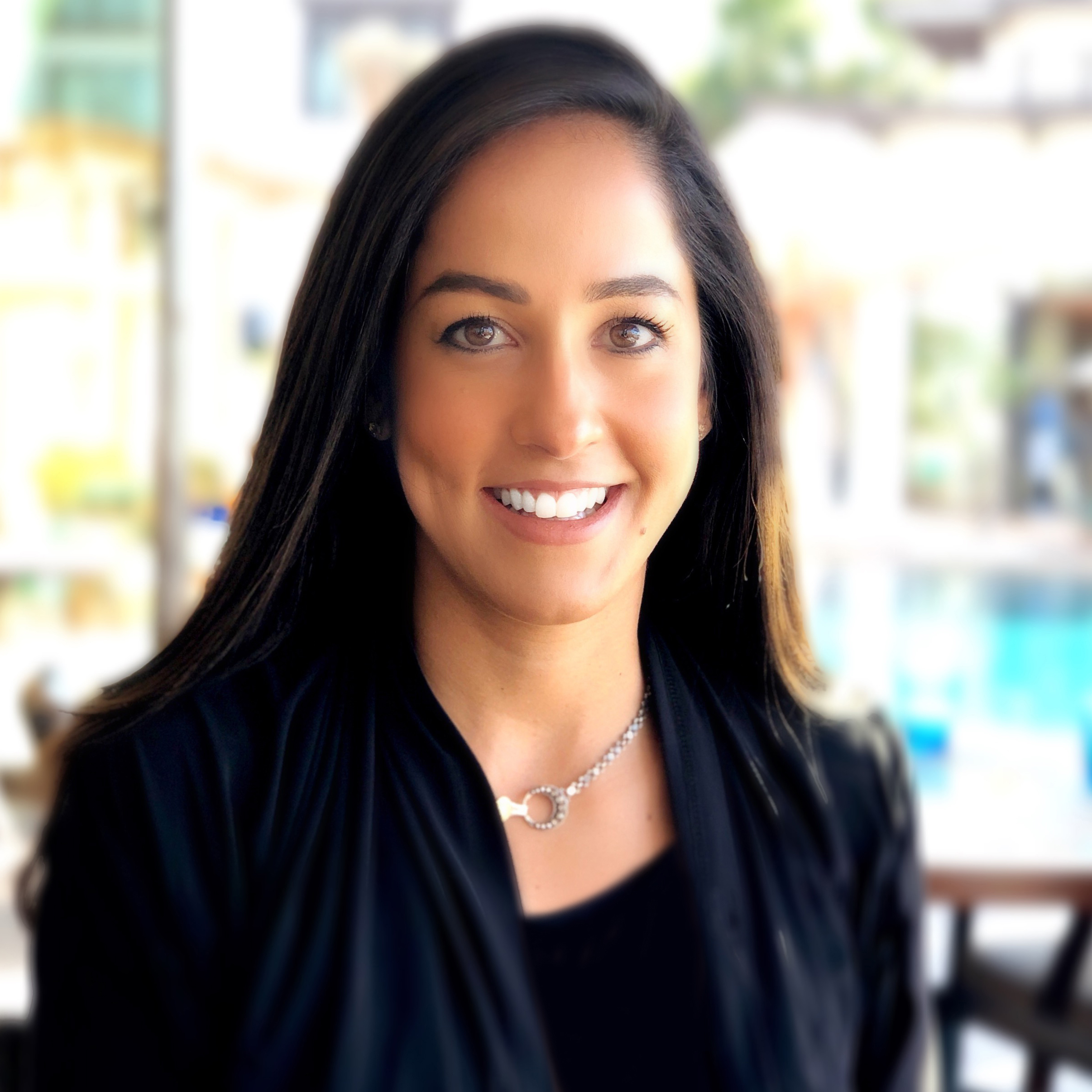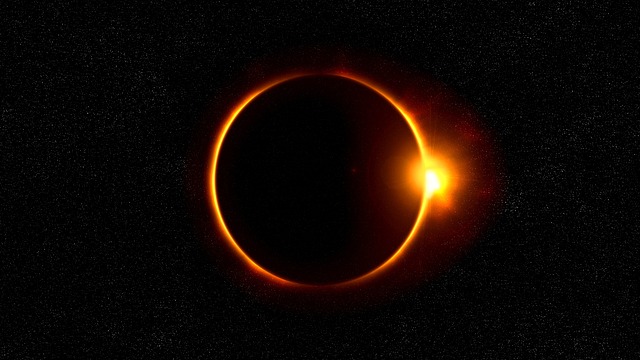For the past year or so, I’ve been exploring different ways to make space as an opportunity to cultivate authenticity, creativity, and problem-solving. Basically an experiment of shifting outward, allowing for anything and everything, and moving towards greater potential—with potential as the intersection where purpose meets action. In today’s world of specialized expertise, rapid digitalization, and increasing automation, we need to shift towards a Possibilities Mindset to encourage this potential through exploration, innovation, and impact. This mindset will determine how we survive and thrive in the fast forward future.
Still, as our lives are consumed with outcomes, accomplishments, and expectations — we forget or are never really able to realize any such potential. The reality is we are shaped, formed, and labeled by others before we can even begin to discover who we are for ourselves. There may be glimmers of knowing and moments of resonance — that are already muddled by everything that we inherit, experience and learn. And the only way back to exploring our potential, our superpower, our authenticity, our creativity, our curiosity, whatever you want to call it, is by simply making space for it (see article).
From intellectual exercises, to somatic work, to travel, there’s an abundance of ways that people are already exploring to make this space. It seems counter-intuitive at first, to pause productivity for such exercises and experiences. It is also less in the how you make space, and more about just making that space, and taking that break from your routine, that there is value.
Today, faced with this global experience of a pandemic, beyond the physical distancing and distant socializing, we are being invited to collectively ‘make space’ from everything that we know, and everything that is comfortable. From our daily routines, to our understanding of how things ‘should’ be, we are quickly abandoning the invisible systems that keep our world perceptively in order. Most importantly, we are being invited to make space from what we consider to be ‘normal’. Understanding that with constant change, there can be no consistent normal. These invitations trigger our fear, not of the virus itself, but rather of the confrontations we are required to make, and the uncertainties that they present.
Still we don’t have a choice during this crisis. We are being forced to make space. We are forced to embrace this ‘selah’, which is both a Hebrew word for pause, as well as an Arabic word that has evolved to mean connection (used particularly in between musical notes or words to allow for meaning). It is precisely in this merger of meaning that with pause we can connect to our greater potential.
This is where distance becomes space; a space in which there’s opportunity not only for our societal future but also for our future selves. Not just to make it through, but to expand beyond the greater limitations and constrictions that we experience as security blankets of comfort and safety. It’s in this space that we are being forced to take that we need to start acknowledging that our systems are broken. We are disconnected from our human needs and our human capacity. And while we are learning through the marathon of zoom calls and space filling, that we are a species that desperately needs human connection, we find ourselves questioning the quality of our connecting.
The connections we need are in the gap that we allow from one thought to the other, from this task to the next, from our choice to a choice someone else makes for us. It’s an active space, like a synapse transmitting meaning without an actual transferal of information. Real connections present themselves, sometimes in silence and other times in spontaneity. They are beautiful even when terrifying, just like cracks that serve as creative portals that can transport us into other dimensions. And the more we can build this space into our day, the more moments of connection collect together to form an expansive experience of our thoughts, ideas, and our lives. Even when we are in the most confined of spaces and situations.
“There is a crack in everything.
That’s how the light gets in.”— Leonard Cohen
So while physical distancing is the immediate task at hand, to protect us and our healthcare systems from this aggressive virus, the distance we really need to consider (and the world has been demanding of us for quite some time already) is from the societal systems that no longer serve us. When you are working from home and it might feel confined or ineffective, make space to explore what works and what doesn’t. With homeschooling, allow some space to understand what kids are really learning. We need to ask ourselves what needs have our societal systems cut us off from where we perform like robots (while living in fear of them taking over) without questioning usefulness, just to please others. When oil drops into negative, can we make space for questioning our economic dependency, rather than hustle to find a quick band-aid way for the price to rebound?
our culture of work
our education & healthcare systems
the food that we eat
the waste that we create
reconnecting to our creative capacity
The challenge in making this space that we cultivate, or try to cultivate, is that we can’t try too hard, and this is against everything that society knows and applauds; the value of doing, of action, of measured effort. So we push too hard even in trying. With time as our arch enemy hurrying us along, and an ironic constriction as the outcome. With oppositions and polarized binaries forcing people to choose sides and subscribe to yet again a new set of constructed identities.
Instead, making space is about being, or even just remembering to be (it’s that easy) without any relationship to time or outcomes. It’s about small actions that build into movements rather than ultimatums and extremes. It’s about intentions that reveal themselves with rippling effect through communities and cities. It’s about a mindset of possibilities to explore and connect with. And the more you make space for it, the deeper those connections can be, and the closer we can get to a greater potential. This is the selah that gives us pause, meaning, and connection—all in one.


